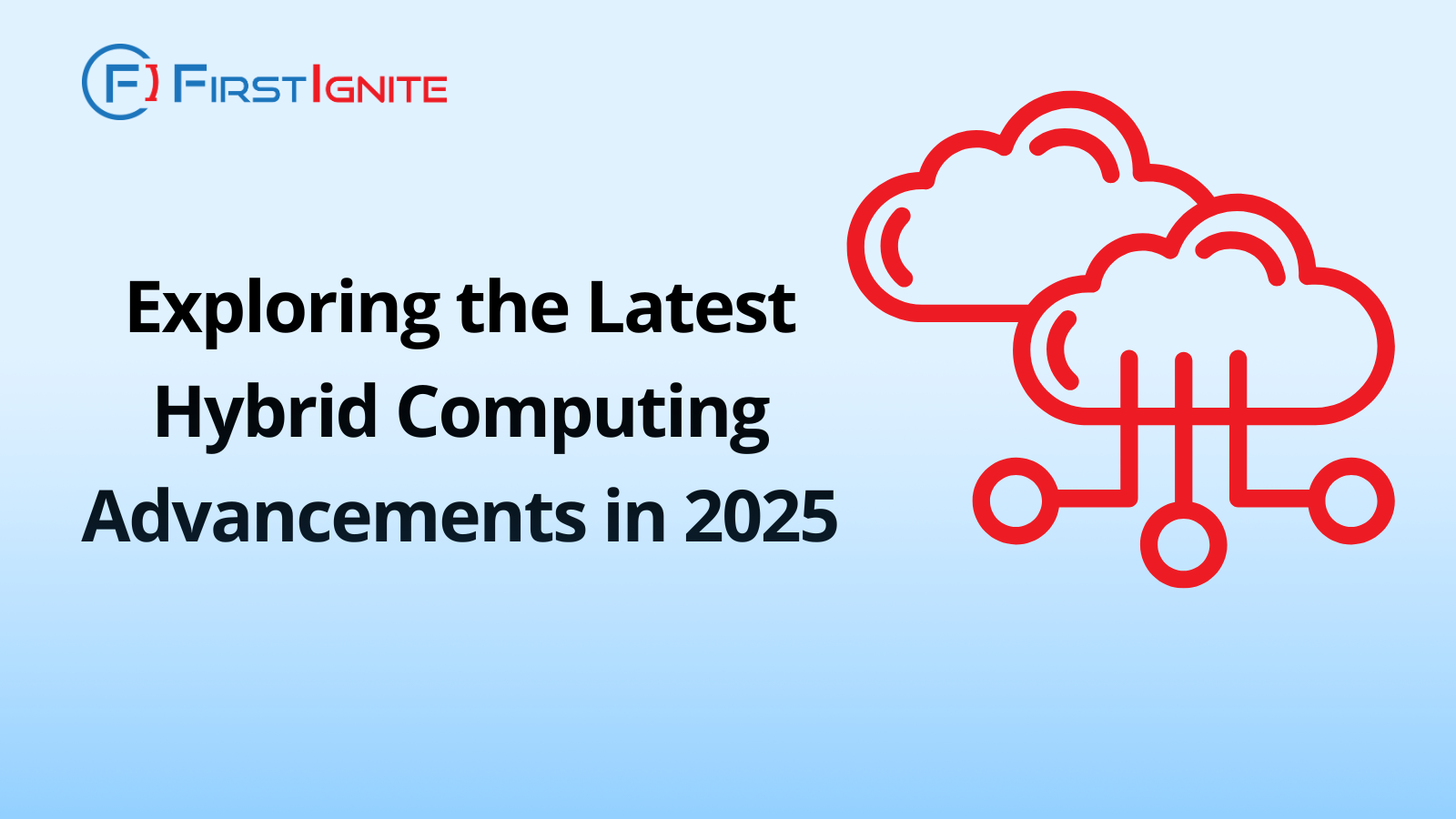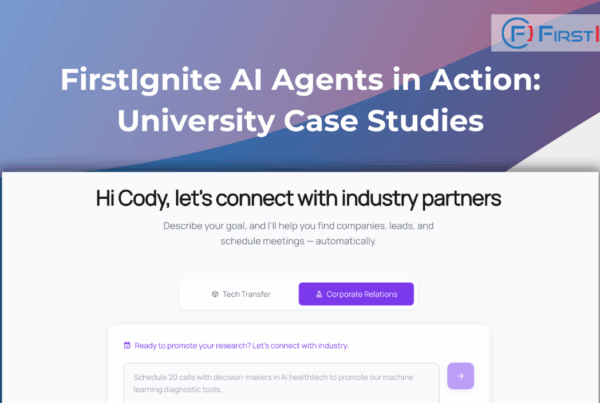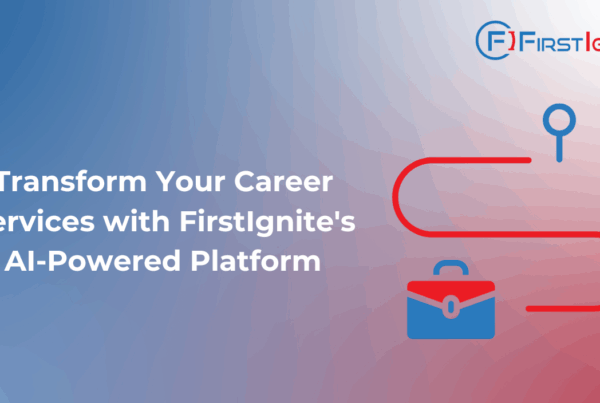
As we approach 2025, computing is transforming rapidly with the rise of hybrid computing, a powerful blend of traditional on-premises infrastructure and cloud-based solutions that offers both scalability and flexibility. This article explores the latest trends and innovations in hybrid computing, from advancements in university research to practical applications within organizations, providing insights to keep you ahead of the curve.
Understanding the Latest Trends in Hybrid Computing
The hybrid computing landscape is evolving rapidly, driven by emerging technologies that cater to the diverse needs of modern organizations. A key trend is the integration of AI and machine learning, empowering systems to make smarter decisions, optimize resources, and adapt automatically to workload changes. Edge computing is adding real-time data processing closer to data sources, critical for sectors like manufacturing and healthcare. Additionally, hybrid cloud adoption is on the rise, allowing organizations to combine on-premises control with cloud scalability. Together, these advancements signal a future of enhanced flexibility, performance, and synergy across hybrid environments.
Innovations in Hybrid Computing for 2025
Advancements in hybrid computing in 2025 will introduce groundbreaking technologies that redefine data processing and storage. Quantum computing integration will tackle complex problems faster than ever, benefiting fields like cryptography and drug discovery. Serverless hybrid architectures will boost agility and cost-efficiency by scaling resources dynamically, while blockchain-powered hybrid systems will enhance data integrity and trust, essential for finance and supply chain sectors. Additionally, converged hybrid infrastructure will unify computing, storage, and networking, simplifying IT management. These innovations signal a transformative future for hybrid computing, offering unparalleled efficiency and flexibility.
University Hybrid Computing Advancements
The research and development happening in academic institutions around the world are playing a crucial role in shaping the future of hybrid computing. Universities are at the forefront of exploring new frontiers, pushing the boundaries of what’s possible, and paving the way for the next generation of hybrid computing solutions. The University of Illinois Urbana-Champaign has developed Speculative Function-as-a-Service (SpecFaaS), a novel serverless computing model that speculatively executes functions to reduce application execution time, achieving a 4.6× speedup, 3.9× throughput increase, and 58.7% lower latency. In addition, University of Rochester researchers, led by Professor Stephen Wu, have developed hybrid phase-change memristors, combining the strengths of memristors and phase-change materials for fast, dense, low-power memory. By precisely straining 2D materials, they achieved a balance between crystal phases, overcoming limitations of current memory forms and promising ultra-efficient, high-speed computing.
Implementing Hybrid Computing in Your Organization
As hybrid computing evolves, organizations must strategically integrate these innovations into their IT infrastructure. Begin by assessing computing needs to balance on-premises and cloud resources, and develop a strategy that addresses data governance, security, and emerging technologies. Invest in skilled talent to manage hybrid environments, and implement robust monitoring and optimization using analytics and AI tools to ensure efficiency. Foster a culture of innovation that empowers employees to explore new technologies, positioning your organization for success in the dynamic world of hybrid computing.
Conclusion: Embracing the Future of Hybrid Computing in 2025
As we look ahead to 2025, the future of hybrid computing is nothing short of exhilarating. The convergence of cutting-edge technologies, such as AI, quantum computing, and blockchain, with the flexibility and scalability of hybrid computing, is poised to redefine the way we approach data processing and storage.
By embracing the future of hybrid computing, organizations can unlock new levels of agility, efficiency, and competitive advantage, positioning themselves for success in the rapidly evolving digital landscape of 2025 and beyond.




